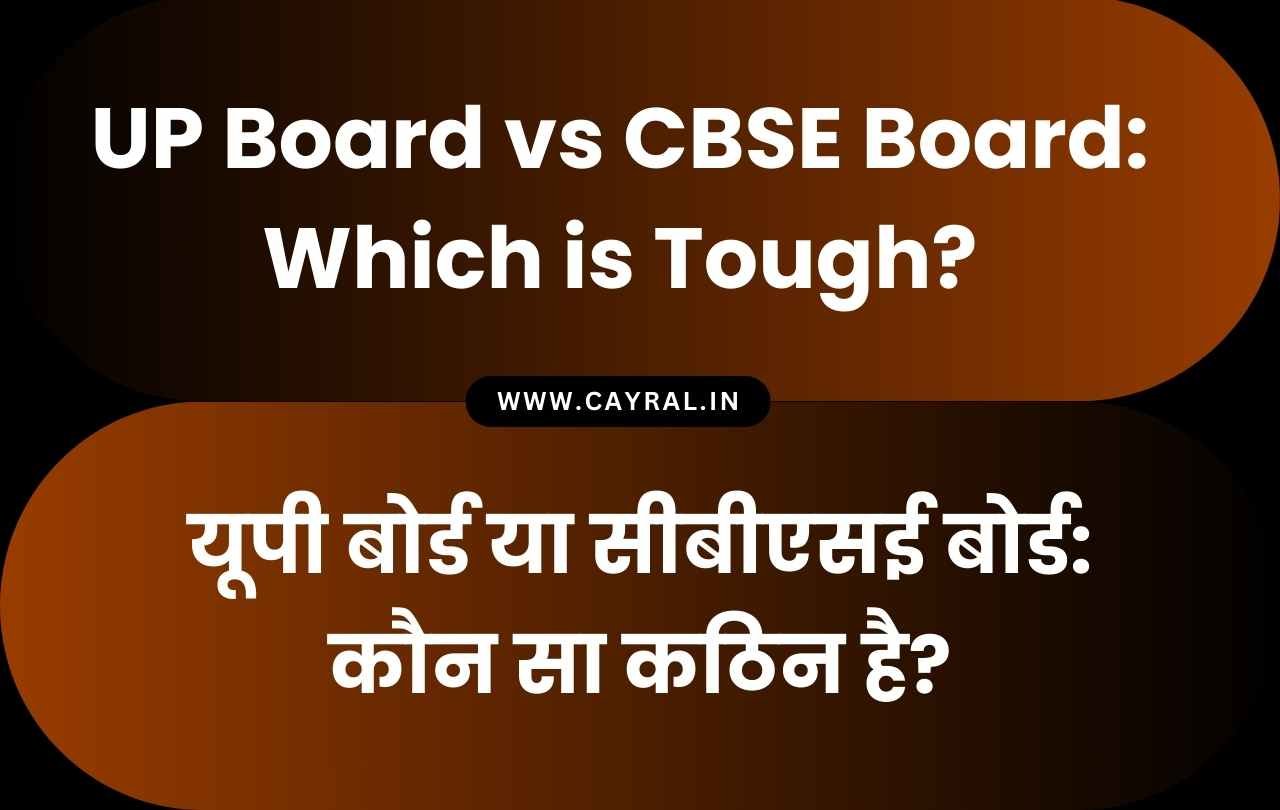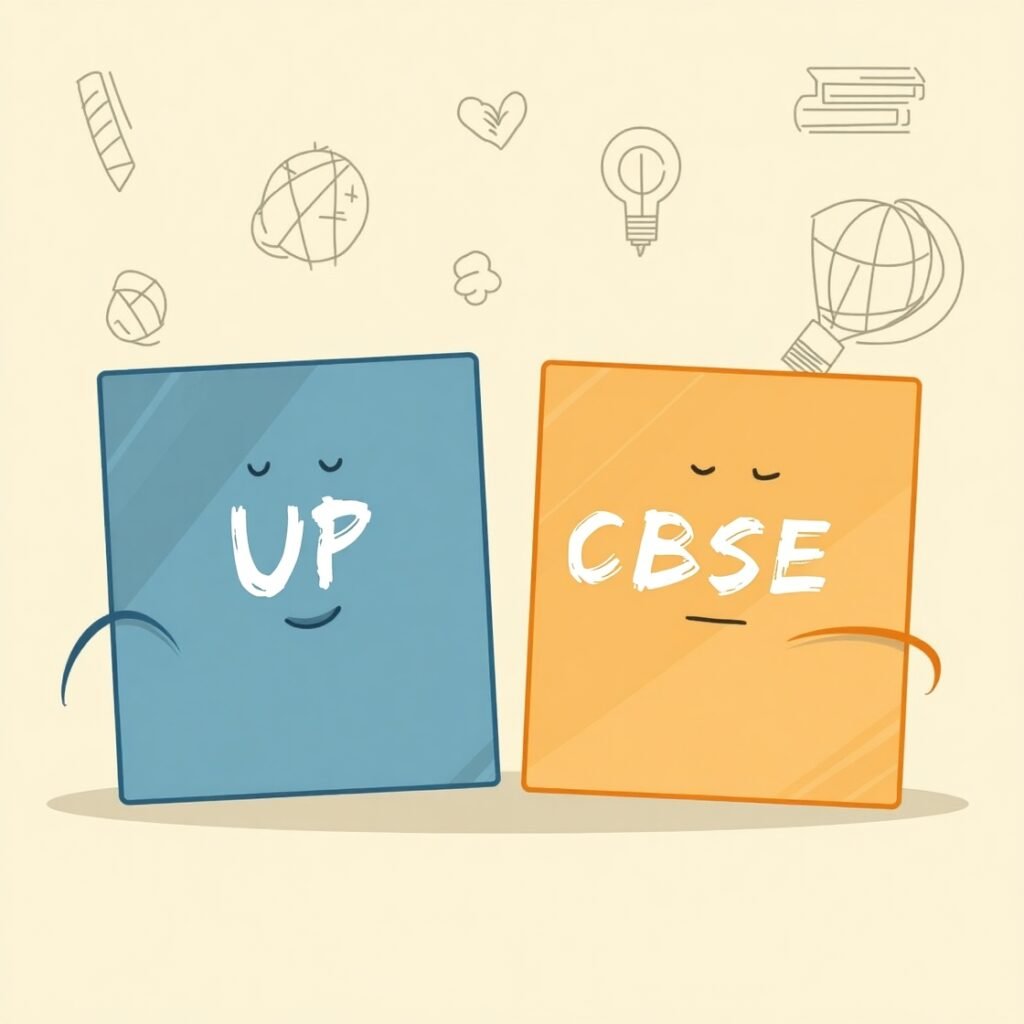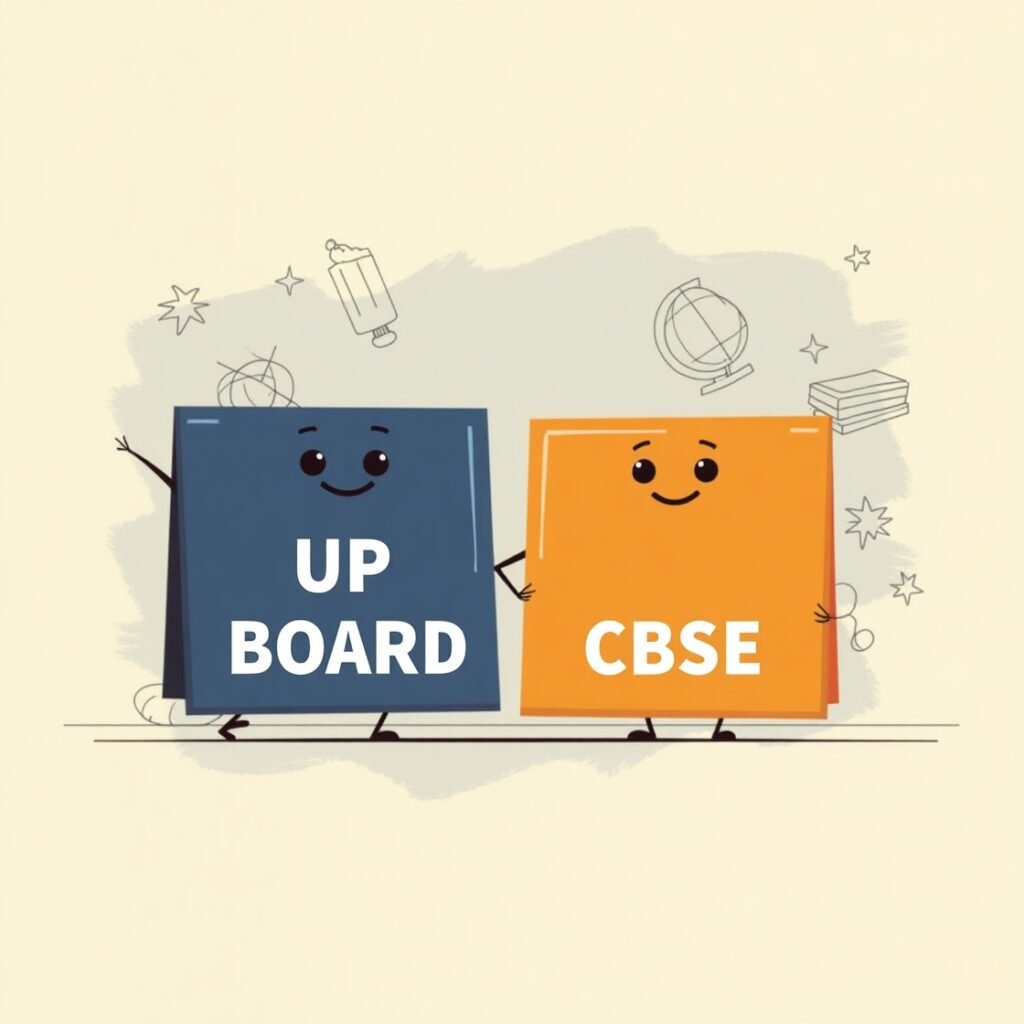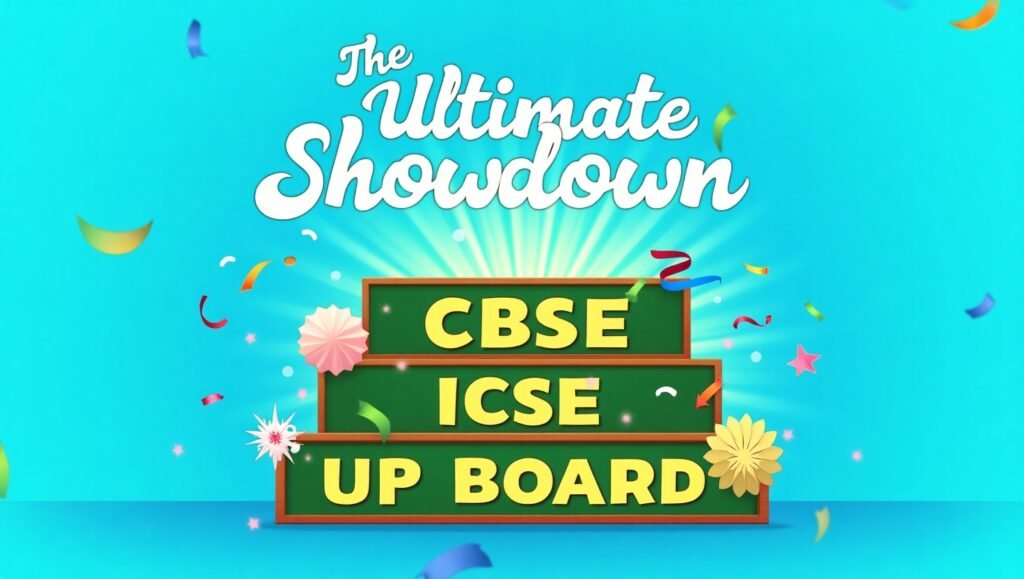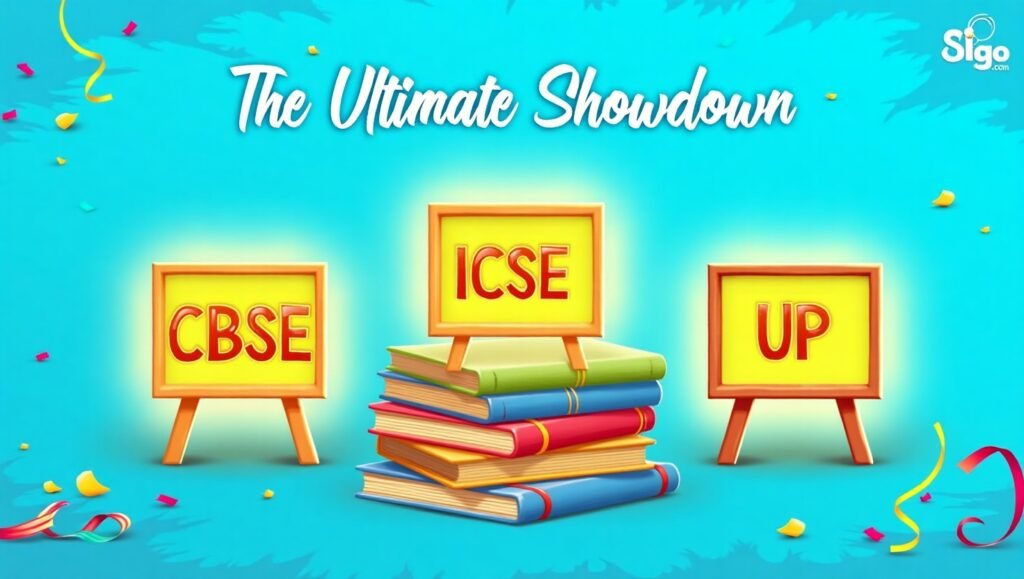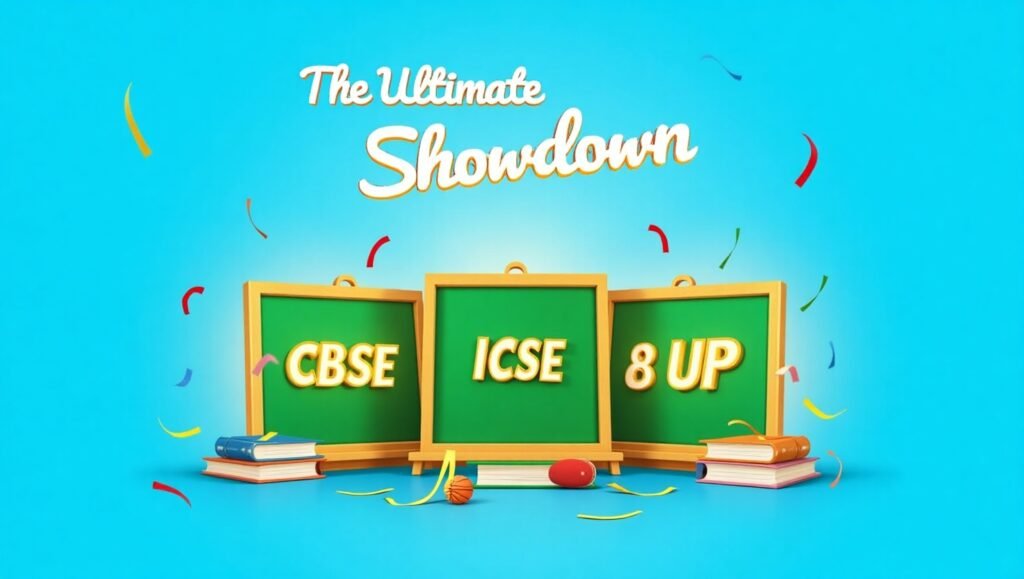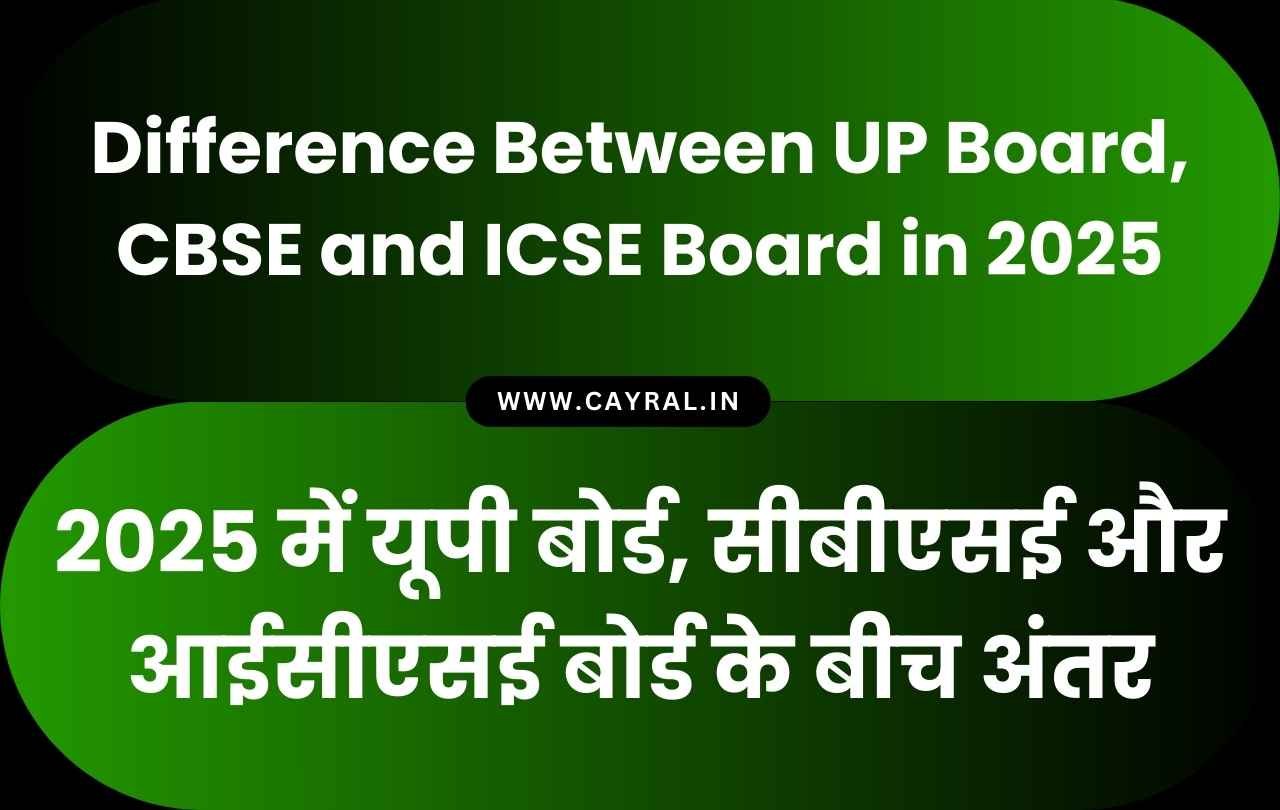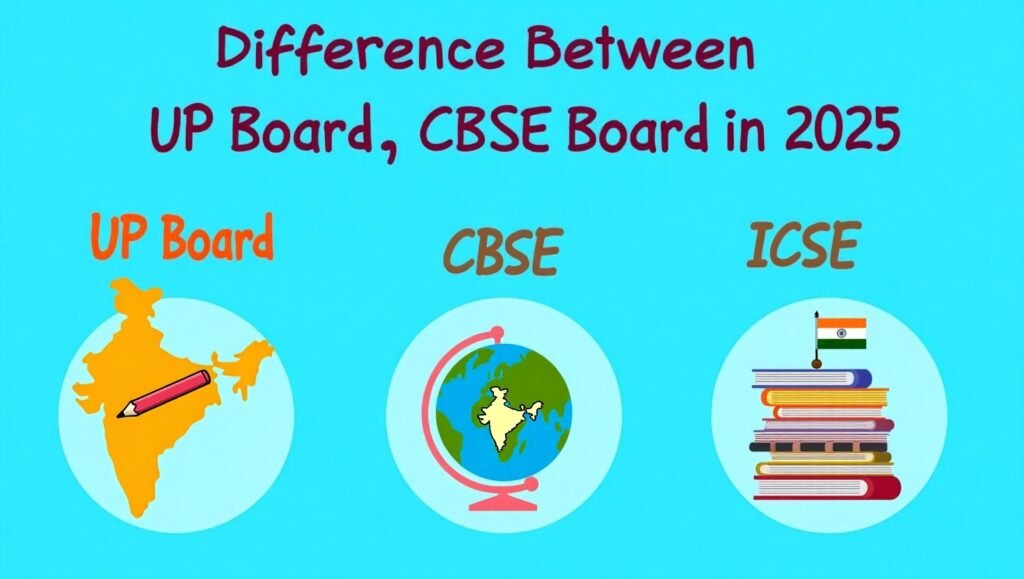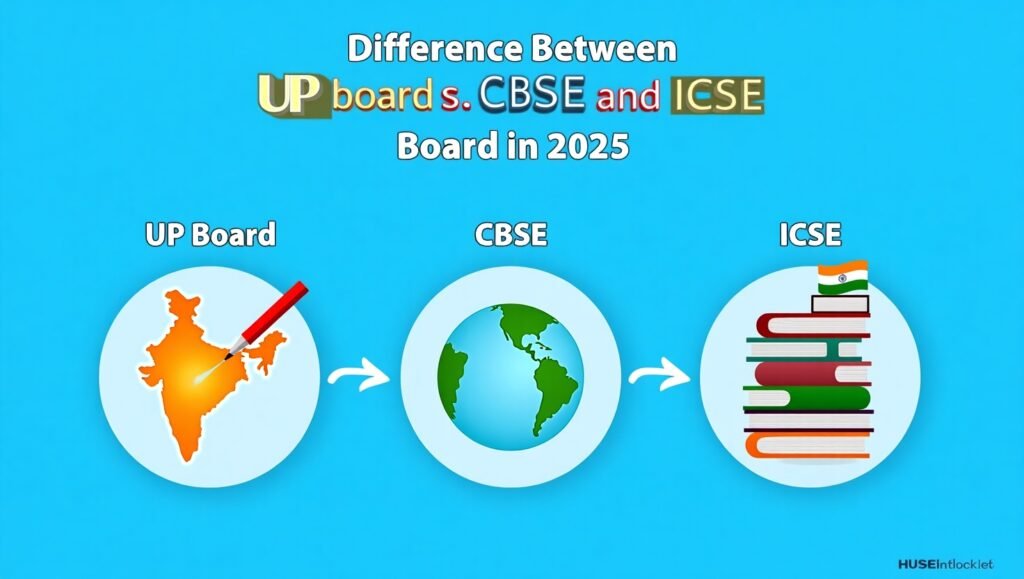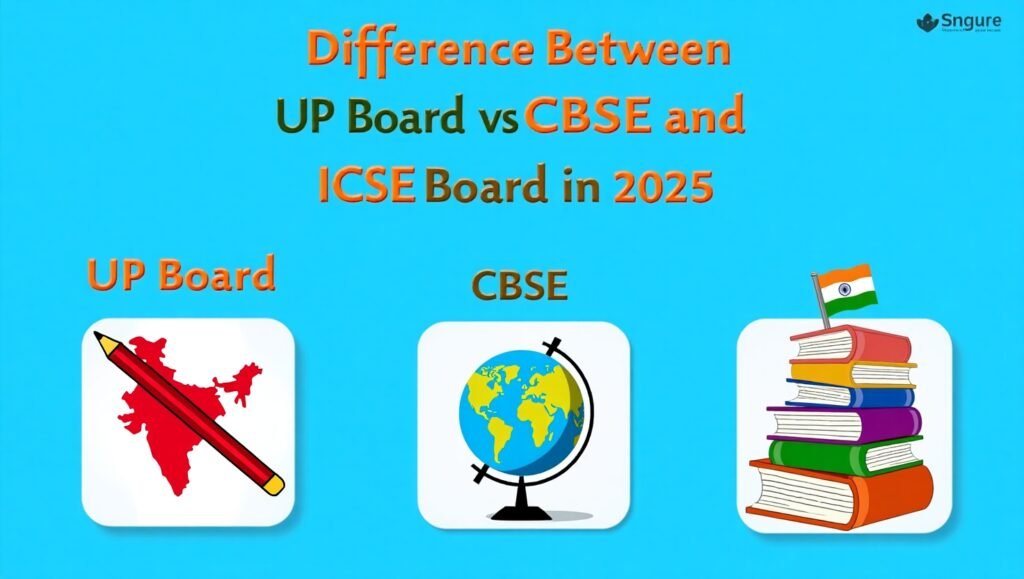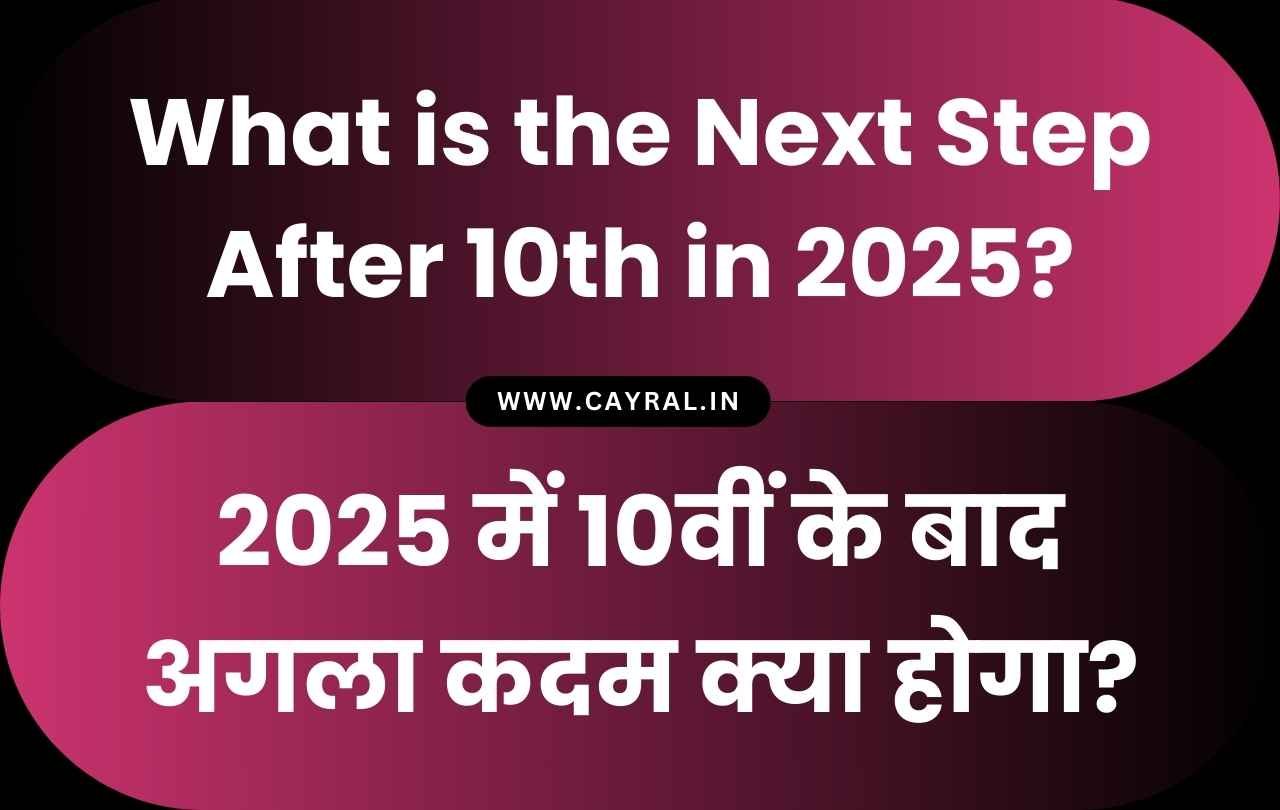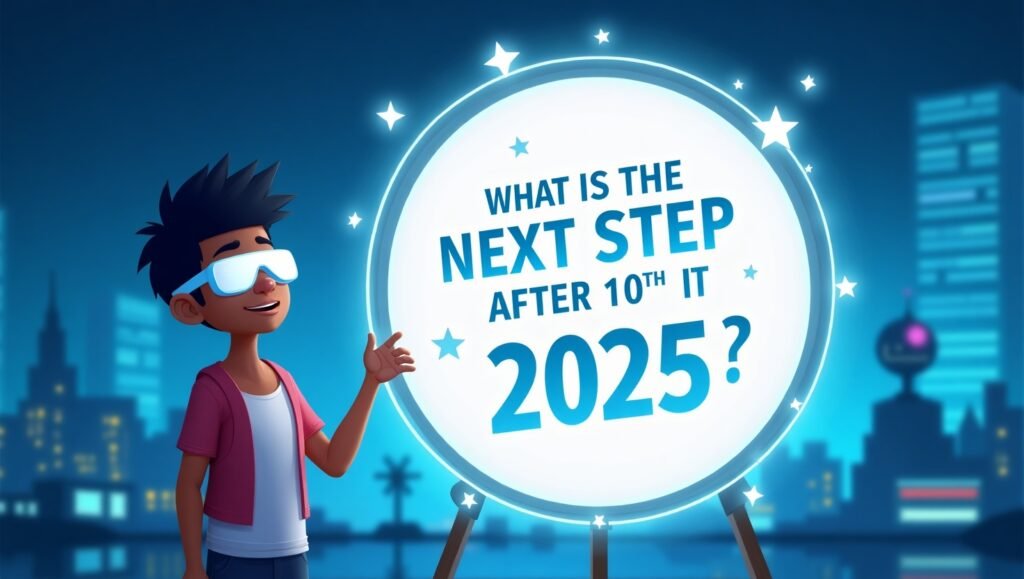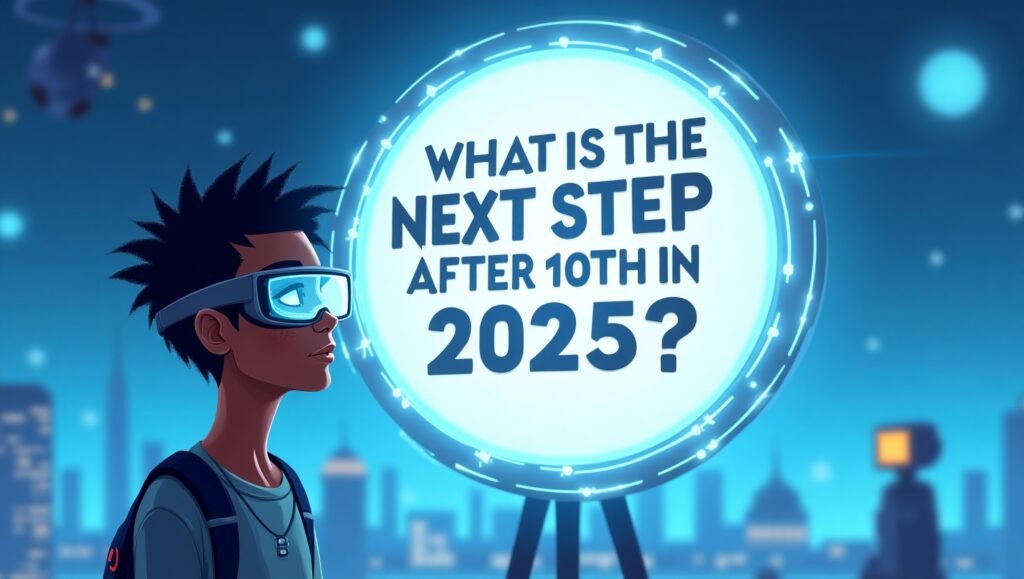Bhai, IoT Sochte Hi Dimaag Hil Gaya? Samjhte Hain! Tu ekdum mast apne sapne soch raha tha – ek aisa career jo future-proof ho, paisa bhi aaye, aur tech ka tadka bhi ho. Phir kisi ne bola “IoT Engineering”, aur tere dimaag ka RAM full ho gaya. Yeh kya naya chakkar hai? Kahan se karein shuru? Paisa kaise banega? Small town waale ka chance hai ya sirf bade shehron ka game hai? Chill, bhai! Yeh article tere liye full tod-phod way mein likha hai. Aisa samajh IoT ka scene cutting chai ke saath discuss ho raha hai.
IoT Engineering – Simple Bhasha Mein Samajh Lo
IoT ka funda simple hai: Soch, tune apne ghar ki light ko phone se control kar diya. Smart AC, smart watch, Alexa – sab kuch connect ho raha hai internet se. Yeh sab IoT ka kamaal hai. Har woh device jo internet se connected hai aur data bhejta-receive karta hai, wahi IoT hai.
Abhi ke time pe yeh field full demand mein hai kyunki har industry smart ho rahi hai – healthcare, agriculture, factories, smart cities – sab jagah IoT ka scope hai. Toh agar tujhe technology pasand hai aur tune socha “bhai, kuch bada karna hai,” toh IoT tere liye solid option hai.
IoT Engineering Mein Entry Maarne Ka Rasta
Agar tu soch raha hai ki “Yeh IoT Engineering kaunse stream se hoti hai?” toh tension mat le. Scene simple hai:
- Kaunsa Stream Chahiye?
- 12th ke baad: Science stream (PCM ya PCB).
- Degree Options: B.Tech in IoT, CSE with IoT, Electronics & Communication, Robotics, ya Diploma in IoT.
- Side Entry: Agar tu IT ya electronics background se hai, toh IoT specialization courses bhi kar sakta hai.
- Exam Date & Fees
- College Entrance: JEE Mains, State-level CET, Private University Exams (VITEEE, SRMJEEE, etc.).
- Fees:
- Government College: 50,000 – 2 lakh per year
- Private College: 3 lakh – 10 lakh total
- Diploma Courses: 20,000 – 1 lakh
- Online Courses: Free se 50,000 tak
- IoT Syllabus Ka Breakdown
- Hardware: Sensors, Microcontrollers (Raspberry Pi, Arduino).
- Software: Python, C++, Embedded Systems.
- Networking: Wi-Fi, Bluetooth, 5G, Cloud Computing.
- Security: Cybersecurity for IoT devices.
- Data Science: AI, Machine Learning ka tadka.
Ekdum chill maar, sab kuch YouTube pe bhi milta hai, aur free courses bhi available hain.
Also Read: UI/UX Engineering Hai Kya Cheez? Sochte Hi Dimaag Crash
10 Solid Career Options in IoT (With Paisa Ka Scene)
IoT sirf ek field nahi, yeh ek pura eco-system hai jisme 10 alag-alag tarike se tu ghus sakta hai. Chal, ek-ek option dekhte hain.
1. IoT Developer (5-15 LPA)
Kaam: Devices aur applications develop karna jo IoT-based hote hain.
Kaise Shuru Karein? Python, C++, ya Java seekh aur ek chhota project bana.
2. Embedded Systems Engineer (6-18 LPA)
Kaam: Microcontrollers aur circuit designing.
Kaise Shuru Karein? Arduino ya Raspberry Pi projects kar.
3. IoT Security Specialist (8-20 LPA)
Kaam: IoT devices ke liye cyber-security.
Kaise Shuru Karein? Ethical hacking aur network security seekh.
4. Cloud IoT Engineer (7-22 LPA)
Kaam: IoT devices ke liye cloud storage aur networking manage karna.
Kaise Shuru Karein? AWS, Google Cloud aur Microsoft Azure ka knowledge le.
5. AI & IoT Integration Specialist (9-25 LPA)
Kaam: IoT + AI milake smart devices aur automation banana.
Kaise Shuru Karein? Python, Machine Learning aur IoT combine karke projects bana.
6. IoT Consultant (10-30 LPA)
Kaam: Companies ko IoT solutions dena.
Kaise Shuru Karein? Pehle kisi IoT project pe kaam kar aur consultancy start kar.
7. Robotics & IoT Engineer (8-20 LPA)
Kaam: Robotics aur IoT ka combination bana ke automation solutions develop karna.
Kaise Shuru Karein? Robotics ke saath IoT integrate karne wale projects seekh.
8. IoT Data Analyst (6-18 LPA)
Kaam: IoT devices ka data analyze karna aur trends nikalna.
Kaise Shuru Karein? Data Science aur IoT ka combination padho.
9. Freelance IoT Engineer (5-20 LPA)
Kaam: Freelancing websites pe IoT-related projects karna.
Kaise Shuru Karein? Upwork, Fiverr aur Freelancer pe account bana aur projects dhoondh.
10. Startup in IoT (Unlimited Earning)
Kaam: Apna khud ka IoT-based business start kar.
Kaise Shuru Karein? Ek chhota sa IoT product bana aur bech.
Tera Asli Struggle – Solutions Yahan Hai
Bhai, hum jaante hain ki small town ya middle-class background se aana, budget tight hona ya gharwalo ka support na milna real struggle hai. Tension nahi lene ka.
- “Mere sheher mein resources nahi, kya karu?”
- Online courses kar, projects bana aur remote internships dhoondh.
- “Skill nahi hai, fir bhi chance hai kya?”
- Zero se start kar, basics YouTube se seekh aur free platforms pe project daal.
- “Gharwale nahi maan rahe, unko kaise samjhaun?”
- Unko IoT ki demand aur salary growth dikha. Practical examples de ki kaisa future hai.
- “Paise nahi hain expensive course ke liye!”
- Internship le, freelancing kar aur YouTube pe free resources use kar.
No-BS Roadmap – Tera Action Plan
- IoT ke basic concepts samajh (YouTube, blogs, free courses)
- Ek simple IoT project bana (Arduino, Raspberry Pi se shuru kar)
- Online certification le (AWS, Google Cloud, Coursera, Udemy se)
- Internship ya freelancing se practical experience le
- LinkedIn pe networking kar aur job apply kar
Last Baatein – Bas Kar, Shuru Ho Ja
Bhai, tension lene ka nahi. IoT ka scope 2025 aur aage sirf badhne wala hai. Tu chhota step le, dheere-dheere bada ho jayega. Chal, ek chhota project bana, kuch naya seekh, aur ek naye future ki shuruaat kar.



